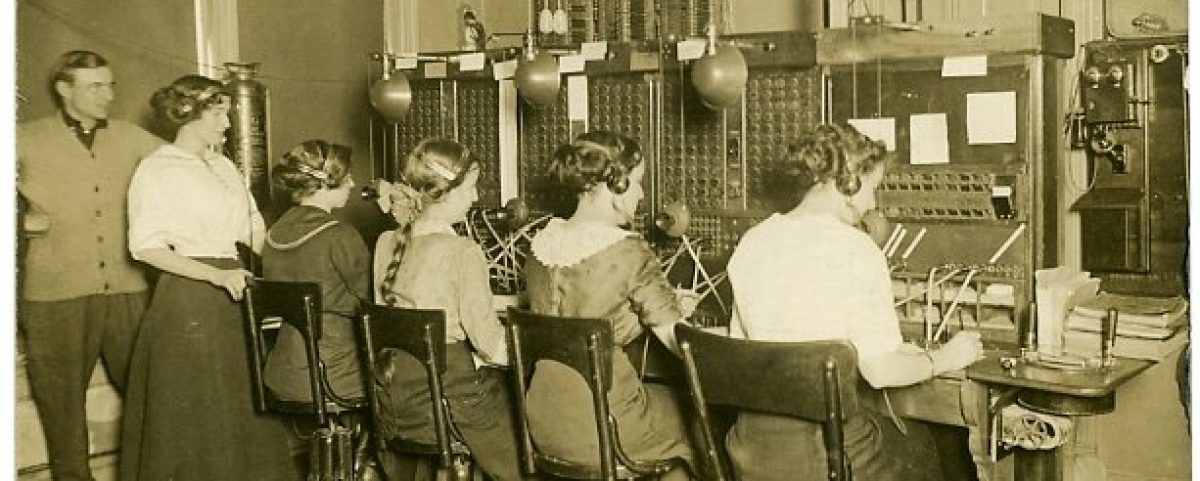I just finished serving a ten-year term as a trustee for the Cecil County Public Library (CCPL) in March. I started in January 2000 and in the decade that followed served as vice-president and president. It has been gratifying to see CCPL grow to meet the demands of citizens in the 21st century with critical things like computers for surfing the net and support for job searches while circulation climbed to the historic level of 1-million items.
Cecil County is served by some of the hardest working library staff members anywhere and they and the management staff made this task my most rewarding board experience through their professionalism and can-do approach to delivering services to patrons.
Driving home after the meeting I was mulling over the changes I’ve seen at CCPL over a half-century. As a kid, one of my hangouts in the 1960s was that old library on Main Street where those 43,000 volumes held enough insight to keep me pouring over the titles. (Of course, my other hangouts were the jail, firehouse, newspaper office, radio station, and police station, so I’d had it all covered in a small town.)
We had two great librarians back in those days, Mrs. Dorothy Jefferson and Miss Slocum, overseeing operations where everything was done manually and a computer for CCPL was still decades away. When they moved into a new facility in 1985, the county was getting closer to the personal computer age, but they weren’t a presence on the library floor and the net was still another decade away. The old, well-used card catalog was the repository for information and my go-to source for finding back articles in magazines was the “Readers Guide to Periodical Literature.”
I remember staff members saying that in the mid-1980s the big innovation wasn’t PCs, but was the photocopier and the installation of telephones for the few small branches in the system. They had to depend on postal mail to communicate with the outlying locations or call someone to carry the message over to the librarian. Today’s it an entirely different story and the demands for library services are different than those days in the 1960s when books, magazines, and newspapers were what a system was all about. I think I watched the communications revolution arrive at CCPL as we went from the 19th century into the 21st century in perhaps two decades.
Mike Dixon

